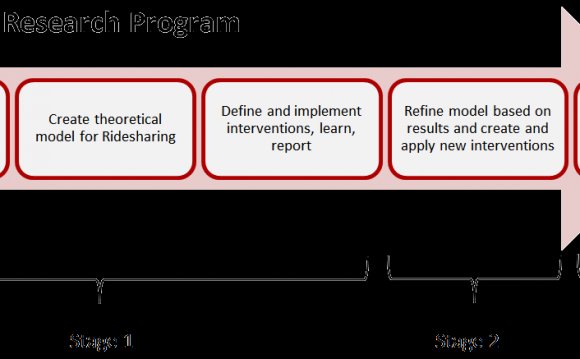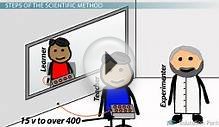
In our perpetual need to classify and categorize, it is common to make a distinction between basic versus applied psychology. Basic research in psychology typically refers to theory-driven, hypothesis-testing science driven by a quest for fundamental understanding. Applied psychology is motivated more by a desire to solve practical problems and to move the fruits of our scientific labor into the real world.
Some believe that the distinction between basic versus applied psychology represents a false dichotomy. Indeed, this very topic was addressed recently in a symposium at the 2006 annual meeting of the Council of Graduate Departments of Psychology (COGDOP). The conversation is more than merely academic: This is a matter of great relevance to public perceptions, research funding, attracting students and how we organize ourselves professionally.
Beyond basic versus applied
In thinking about this issue, I've drawn significant inspiration from Donald Stokes's 1977 book "Pasteur's Quadrant." Stokes offered a philosophy of science aimed at dismantling the dichotomy between basic and applied research. In his view, these two dimensions coexist. At the intersection is Pasteur's quadrant, where research is simultaneously motivated by a quest for fundamental understanding and by the practical need to know.
What I appreciate most about Stokes's view is the assignment of equal importance to basic and applied research, and the interaction between them. Basic research can be inspired by its ultimate application, and applied research can inform fundamental understanding. The resulting synergy can have profound consequences.
Psychological science has entered the era of Pasteur's quadrant. The federal agencies that fund psychological research are giving highest priority to use-inspired basic research. Public perceptions (and misperceptions) of our science depend on a deeper understanding of the give and take between basic and applied research. Students are increasingly oriented toward careers in applied research. Now, more than ever, is the time to embrace the many applications of psychological science.
Elevating the status of applied psychology
For many in the scientific community, basic research is the gold standard and applied research is viewed as something less. This is counterproductive and ultimately harmful to the future of psychological science. Our greatest strength as a science rests in the power of its applications.
Consider the diversity of applied research in psychology: human factors and engineering, industrial and organizational psychology, educational and school psychology, law and psychology, testing and assessment, consumer behavior, rehabilitation psychology, exercise and sport psychology, and clinical psychology (to name just a few).
What the public and congressional leaders want to know is how psychological science informs pressing social and national needs. It is hard to make the case on basic research alone. It is much easier and more convincing if we draw from the results of applied research. The funding agencies want to support research that will quickly translate into applications that address agency missions. Basic research always seems several steps removed; applied research gets us much closer to implementation.
One way to better achieve our goals in these areas is by elevating the status of applied psychology. This is easy to say, but probably hard to do. It may represent nothing less than a change in the very culture of psychological science. The core of our basic science community might need to reorient itself. We may need to reconsider what counts as the most prestigious and valued outlets for publication. It may require a change in how we recruit and train our students.
Support for applied researchers
Our professional associations must also play a role. Those who do applied research need support and resources. We must recognize, for example, that many researchers are engaged in the practice of psychology, but not in the delivery of health-related services. The professional needs of these researchers differ from those based at universities, and they differ from psychologists who provide health-related services.
Elevating the status of applied psychology does not imply that basic research should be pushed aside or devalued. Research in the era of Pasteur's quadrant depends on achieving equal status and mutual respect-neither basic nor applied perspectives more or less valued than the other. If we can get there, psychological science will be much stronger.
Share this Post
INTERESTING PSYCHOLOGY VIDEO













